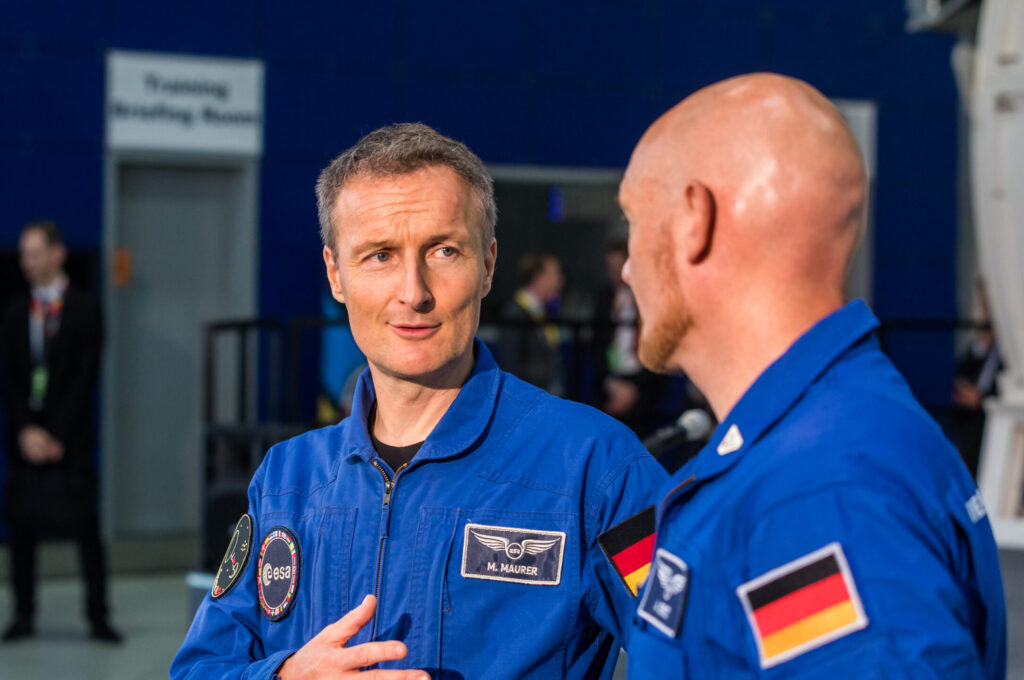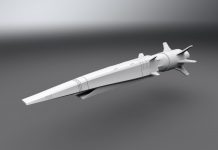
Germany and the United Kingdom have entered into their first bilateral defense agreement since World War II, pledging mutual assistance in the event of an attack and further strengthening their defense cooperation.
During the signing ceremony, both nations also hinted at a new stage of support for Ukraine, specifically regarding the supply of long-range weaponry. Soon after, Russia’s foreign ministry issued renewed warnings that such actions could lead to military strikes on European countries.
The pact, known as the “Kensington Treaty,” was formalized on Thursday in London. It outlines a broad scope of cooperation, from joint defense manufacturing initiatives to student exchange programs. A key clause obligates both NATO members to “support each other, including through military means, if one is subjected to an armed attack.”
German Chancellor Friedrich Merz described the occasion as a “landmark moment in Germany–Britain relations.” He also confirmed that he and British Prime Minister Keir Starmer discussed Ukraine’s urgent requirement for long-range weapon systems.
“Ukraine will soon receive significant additional assistance in this area,” Merz stated. Both leaders reiterated their unwavering support for Ukraine amid Russia’s ongoing invasion.
Just hours later, Russian Foreign Ministry spokeswoman Maria Zakharova restated previous threats, warning that Moscow could target military installations in Western Europe if Ukraine is equipped with long-range missiles. “If there is further escalation, we will respond firmly and proportionately,” she said, as quoted by Russia’s Tass news agency. She also referred to Germany’s reported plans to provide Kyiv with Taurus cruise missiles, adding, “Russia reserves the right to strike military sites in any country whose weapons are used against us.”
Officially titled the Treaty of Friendship and Bilateral Cooperation, the agreement includes 17 joint initiatives. Among them is the co-development of a deep-strike precision weapon with a range exceeding 2,000 kilometers, set to be completed within the next decade. “It will rank among the most advanced systems ever created,” the German government stated.
Berlin and London will also collaborate on countering submarine threats in the Northern Seas, advancing uncrewed aerial vehicle (UAV) technology and strategy, and reinforcing NATO’s eastern defenses. “The UK and Germany are committed to building a long-term, robust defense partnership,” the German government emphasized.
Additionally, the two nations plan to jointly market military hardware to international buyers, focusing on products like Eurofighter Typhoon jets and Boxer armored vehicles. Germany’s stringent arms export regulations have previously hindered deals, such as the Eurofighter sale to Saudi Arabia.
This treaty reflects the broader trend of accelerated European defense cooperation, which has gained momentum since Russia’s 2022 invasion of Ukraine and been further galvanized by President Donald Trump’s return to the White House. It also underscores the growing importance of the E3 – Germany, the UK, and France – in shaping Europe’s security. Just last week, Britain signed a comprehensive defense pact with France, laying the groundwork for a potential European nuclear umbrella.




